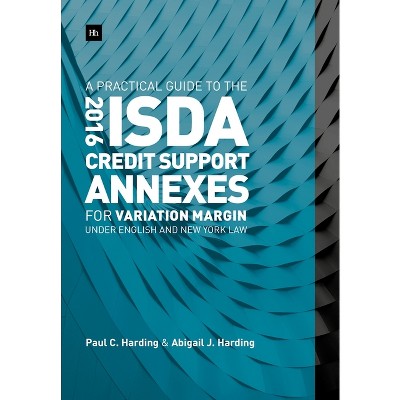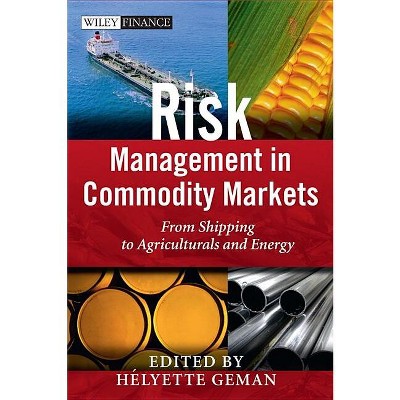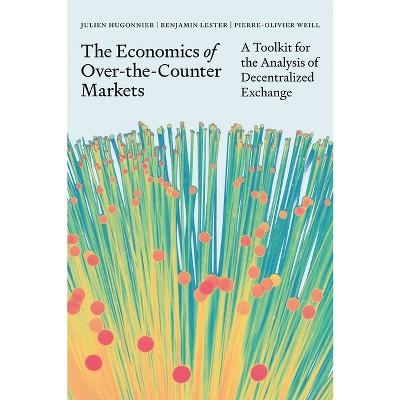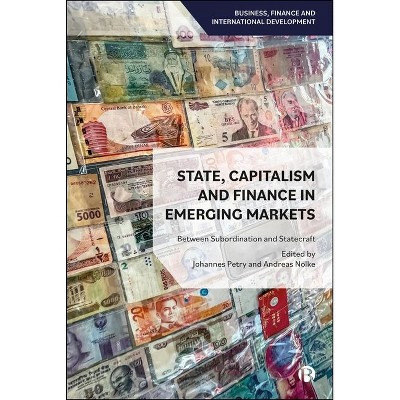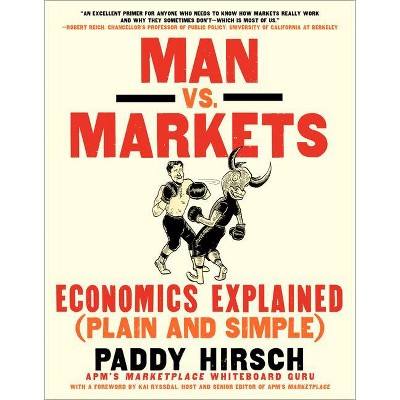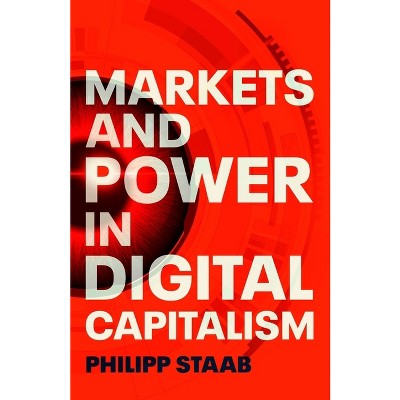Sponsored

Commodity Markets - by John Baffes & Peter Nagle (Paperback)
In Stock
Sponsored
About this item
Highlights
- Commodity markets are integral to the global economy.
- About the Author: The World Bank came into formal existence in 1945 following the international ratification of the Bretton Woods agreements.
- 292 Pages
- Business + Money Management, Economics
Description
About the Book
Commodity markets are integral to the global economy. Understanding what drives these markets is critical to design policy frameworks that enable growth, inflation stability, poverty reduction, and the climate change mitigation. This study examines market and policy developments for all commodity groups over the past century.
Book Synopsis
Commodity markets are integral to the global economy. Understanding what drives developments of these markets is critical to the design of policy frameworks that facilitate the economic objectives of sustainable growth, inflation stability, poverty reduction, food security, and the mitigation of climate change. This study is the first comprehensive analysis examining market and policy developments for all commodity groups, including energy, metals, and agriculture, over the past century. It finds that, while the quantity of commodities consumed has risen enormously, driven by population and income growth, the relative importance of commodities has shifted over time, as technological innovation created new uses for some materials and facilitated substitution among commodities. The study also shows that commodity markets are heterogeneous in terms of their drivers, price behavior, and macroeconomic impact on emerging markets and developing economies, and that the relationship between economic growth and commodity demand varies widely across countries, depending on their stage of economic development. Policy frameworks that enable countercyclical macroeconomic responses have become increasingly common--and beneficial. Other policy tools have had mixed outcomes. Discussions about commodity-exporting emerging markets are often based on ideas without empirical or analytical support. This book is a great contribution to improve our understanding of those economies, based on rigorous research. It provides robust empirical evidence including a long-term perspective on commodity prices. It also contains very thoughtful policy analysis, with implications for resilience, macroeconomic policies, and development strategies. It will be a key reference for scholars as well as policy makers. José De Gregorio Dean of the School of Economics and Business Universidad de Chile Former Minister of Economy, Mining and Energy and Former Governor of the Central Bank of Chile A sound understanding of commodity markets is more essential than ever in light of the COVID-19 pandemic, the war in Ukraine, and the transition from fossil fuels to renewable energy commodities. This volume offers an excellent, comprehensive, and very timely analysis of the wide range of factors that affect commodity markets. It carefully surveys historical and future trends in commodity supply, demand, and prices, and offers detailed policy proposals to avoid the havoc that turbulent commodity markets can cause on the economies of commodity exporters and importers. Rick Van der Ploeg Research Director of Oxford Centre for the Analysis of Resource-Rich Economies University of OxfordAbout the Author
The World Bank came into formal existence in 1945 following the international ratification of the Bretton Woods agreements. It is a vital source of financial and technical assistance to developing countries around the world. The organization's activities are focused on education, health, agriculture and rural development, environmental protection, establishing and enforcing regulations, infrastructure development, governance and legal institutions development. The World Bank is made up of two unique development institutions owned by its 185 Member Countries. The International Bank for Reconstruction and Development (IBRD) focuses on middle income and creditworthy poor countries and the International Development Association (IDA), which focuses on the poorest countries in the world.
Shipping details
Return details
Frequently bought together

Trending Non-Fiction










